Exfoliating alone won’t keep your skin looking lovely and healthy. Rather, after each exfoliation you should apply an ultra-hydrating moisturizer and protective sunscreen to ensure that skin is hydrated and protected from environmental damage. Below we’ve outlined a few ways that you can maximize the benefits of your post-exfoliation routine.
Dry your puff after each use
ViaBuff Exfoliating puffs were designed with an open-cell polyurethane design that promotes speedy air drying, thus discouraging bacterial colonization. Nevertheless, if you use your puff multiple times a week or keep it in a perpetually damp place, you should dry the puff off after each use and store it somewhere cool and dry (Cleveland Clinic) This minimizes the likelihood of bacterial growth and can help to extend your puff’s life. If you want to learn more about bacteria on exfoliators, check out our article about it here
Apply a Moisturizer
Exfoliation won’t totally deplete your skin of moisture, but repeatedly exfoliating the skin without following up with a good moisturizer can leave your skin parched and overly-sensitive (especially if you are someone who enjoys taking hot showers). We recommend products containing ultra-hydrating oils and humectants. Glycerin is a great choice, because it keeps moisture locked deep in the lower layers of skin (British Journal of Dermatology). Jojoba oil delivers deeply-penetrating moisture while can mimicking skin’s natural oils. This mimicry means that jojoba oil is good for those with particularly oily or dry skin, as it can deceive the skin into producing more standard amounts of oil (Dr. Joshua Zeichner for How Stuff Works.com, Journal of Dermatological Science).
An unlikely but potent antibacterial agent, coconut oil also possesses significant moisturizing properties (Natural Medicine Journal). For example, one study found coconut oil significantly increased skin hydration and surface lipid levels in those suffering from mild to moderate xerosis (Dermatitis). Those who favor novel ingredients may want to try out kukui oil, a super-moisturizer that deposits saturated and unsaturated fatty acids and lipids in the outer layers of skin (Journal of the Society of Cosmetic Chemists)
You should also look for moisturizers employing ingredients that strengthen the barrier function, which protects the skin from external irritants and helps your skin to retain moisture. A topical application of 10% urea was found to both improve barrier functioning and moisturize skin (Acta Dermato Venereologica Supplementum (Stockholm), American Journal of Clinical Dermatology). Similarly, research indicates that jojoba esters (derived from jojoba oil) not only hydrate the skin, but can also heal skin barrier damage and treat sodium lauryl sulfate-damaged skin (FloraTech)
Apply an Ultra-Protective Sunscreen
You should apply sunscreen every day, come rain, sleet, or shine. However, it is particularly important that you apply it after exfoliating, when skin is particularly vulnerable and raw. Sun-protective moisturizers offer some protection, but it is best to use an actual sunscreen in accompaniment with your moisturizer. The Skin Cancer Foundation recommends re-applying sunscreen every 2 hours, though research from the Journal of the American Academy of Dermatology reported from a longitudinal study that re-applying sunscreen every 20 minutes after sun exposure decreases the amount of ultraviolet exposure by 60% to 85% as opposed to reapplied it every two hours. Research has also shown that a good sunscreen can prevent UV-induced inflammation of the skin (Experimental Dermatology), especially if it contains ultra-soothing ingredients like green tea or aloe vera (Journal of Advanced Pharmaceutical Technology and Research, Journal of Ethnopharmacology)

It is best to use a broad-spectrum sunscreen that protects against both UVA and UVB rays. Traditionally, an SPF rating only measures protection against UVB rays, although UVA rays can be even more damaging than UVB rays since they can damage the lower levels of skin and aggravate UVB rays’ carcinogenic effects (The Skin Cancer Foundation) . While the Skin Cancer Foundation notes that an SPF 15 protects against 93% of UVB rays, those with a family history of skin cancer/melanoma or who have sensitive skin may need higher SPF sunscreens, such as SPF 30 (which block 97% of UVB rays) or SPF 50 (which blocks 98% of UVB rays). Those with freshly exfoliated skin may wish to use a high SPF broad-spectrum sunscreen, in order to minimize the chances of irritation and damage.
Bottom Line
Exfoliating is easy using our ViaBuff Exfoliating Puffs and a deeply-penetrating exfoliating serum. However, what you do after exfoliating can either undo or maximize the benefits of exfoliation. You should first dry off your puff and store it somewhere cool and dry. This can keep your puff from developing harmful bacteria that can harm your skin and overall health. You should then follow up with a moisturizer that can replenish the moisture lost during exfoliation. Finally, apply a broad-spectrum, high SPF sunscreen that can protect against UV-induced damage and irritation to your freshly-cleansed pores..

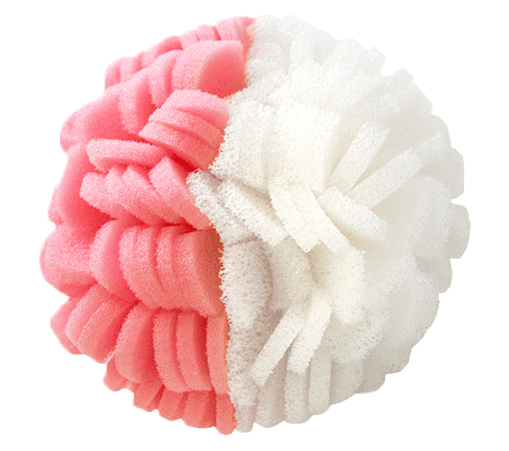
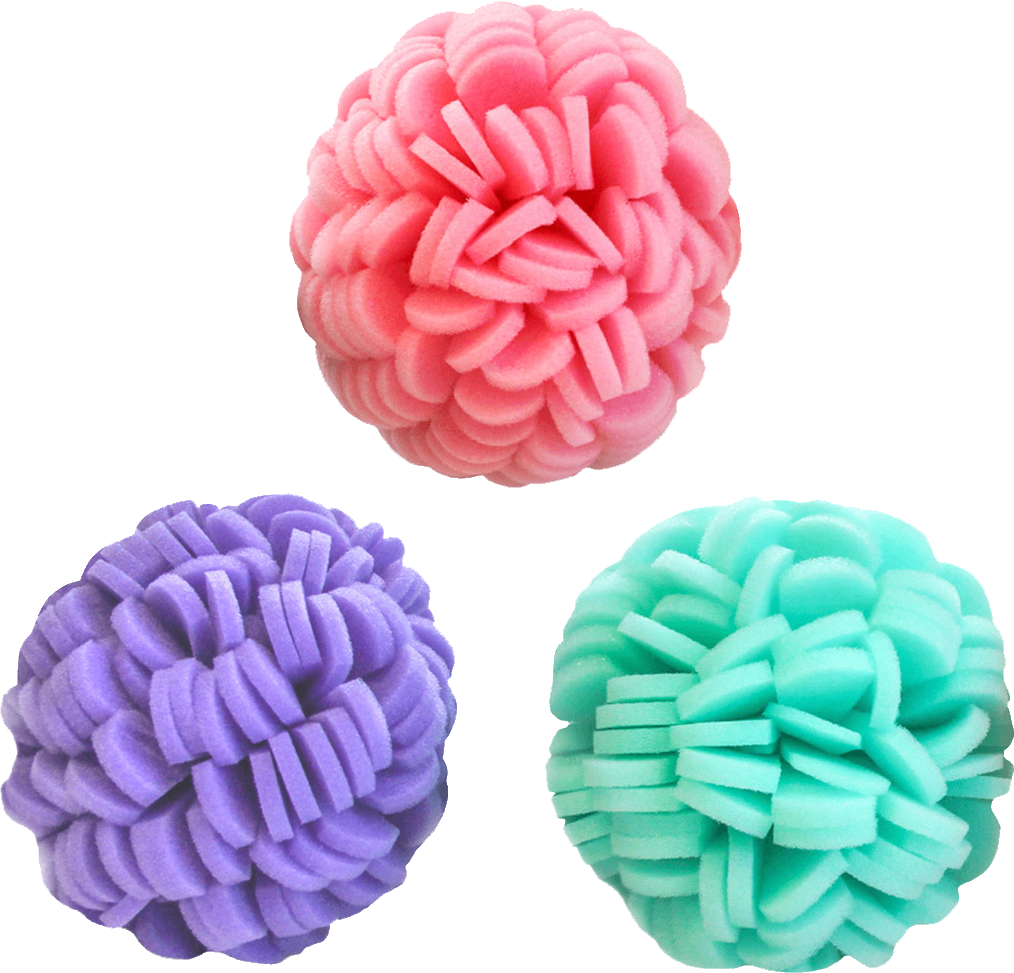
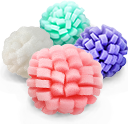
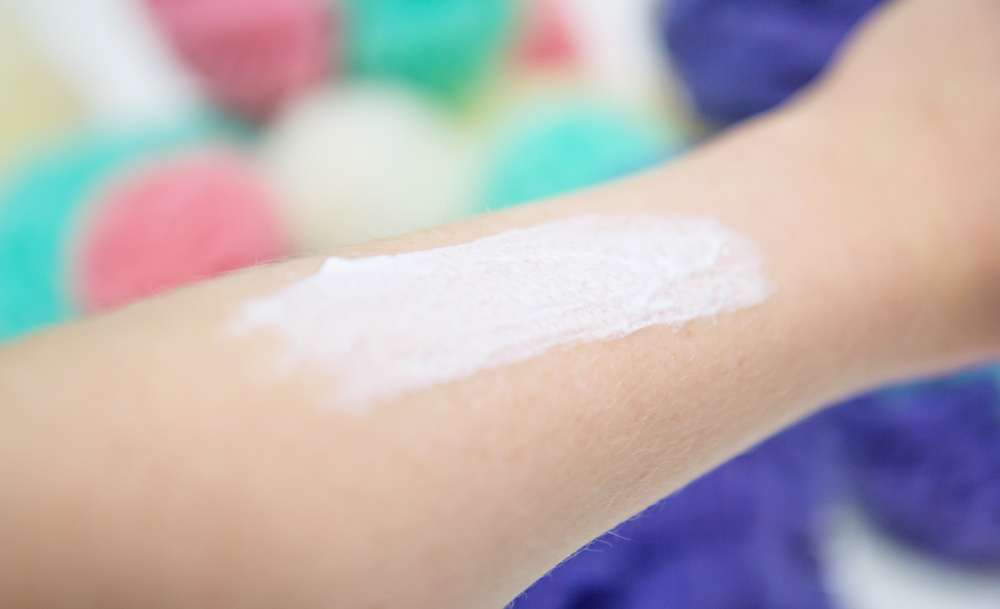
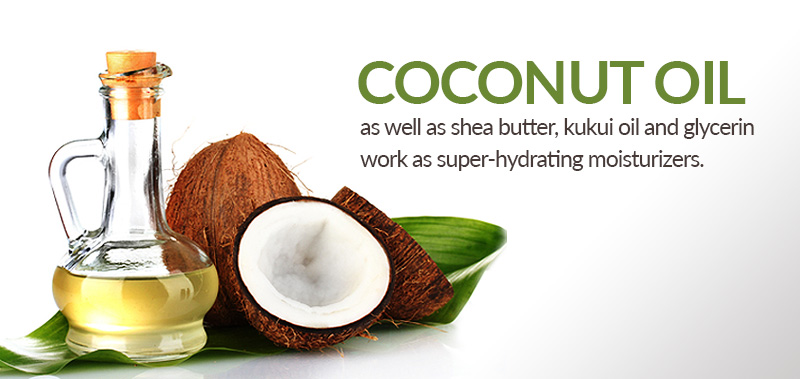
Comments 1
Can u use a acne medication after you exfoliate